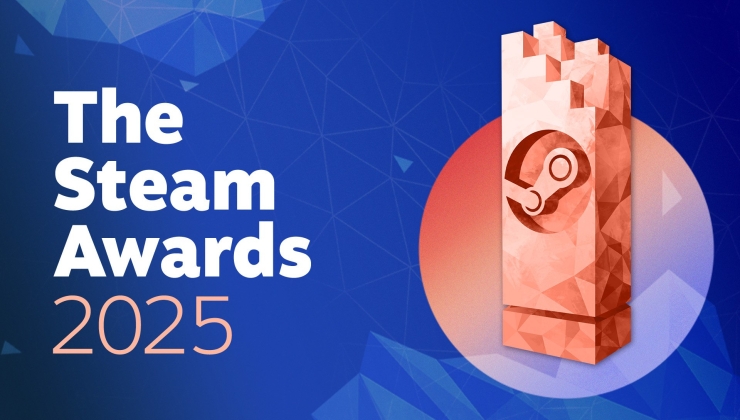You all love your programming puzzle games right? Prime Mover is a puzzle game about designing circuit boards and it's now on Linux.
I have to admit, after basically falling in love with Opus Magnum from Zachtronics, I'm quite keen to try out more games like it. Prime Mover certainly looks the part and it seems users are liking it on Steam.

Direct Link
Here's what the developer said about it:
Prime Mover is a game about designing circuit boards from 4Bit Games. In this open-ended puzzle game, you build circuit boards to solve a wide variety of logic and computer science inspired problems. Compare the speed and efficiency of your unique solutions with your friends and the world. Work your way from transistor to processor, uncover the story of the Byte of Burden!
Features:
- Design and build Circuit boards that solve a wide variety of logic and computer science inspired problems
- There are infinitely many ways to solve every puzzle, but some solutions are better than others! Compare your solutions with your friends on the online leaderboards and monitor trends with the global histograms
- Utilize a wide variety of components in your quest for optimization! Create circuits boards within circuit boards, within circuit boards!
- Score by the amazing Jonathan Geer, composer of the Owlboy soundtrack
- Memory fragments are scattered across the blueprint. Retrace the path of the Prime Mover to uncover the story of the Byte of Burden!
Seems it may have come to Linux as a result of user requests. Available only from Steam.
Quoting: GuestI prefer to design real circuit boards now. EAGLE even runs on Linux (at least, until Autodesk destroy it completely)I wish the new incarnation of circuits.io (under 'tinkercad' ) had an offline application. As far as I can see (which isn't very far because I'm an ignoramus) neither Eagle nor Fritzing has a simulation feature -- including support for programming a simulated Arduino or ATtiny.
Also the game looks very interesting; always happy to see new 'Zachlikes', haha.
Last edited by walther von stolzing on 20 Jun 2018 at 7:30 pm UTC
Quoting: GuestI prefer to design real circuit boards now. EAGLE even runs on Linux (at least, until Autodesk destroy it completely)KiCAD is what you are looking for.
Quoting: GuestI use LTSpice for circuit simulations.. and I just use the Arduino (or an AVR chip) for programming ;)Is it possible to simulate microcontrollers in LTSpice itself, and program them as well?
Quoting: GuestI dont know of any software-level simulators of AVR chips.Yeah that's what the 'circuits' tab under 'tinkercad' allows:
[circuits/tinkercad](https://www.tinkercad.com/#/?type=circuits&collection=designs)
(Select the 'Text' option on the 'Code' sidebar to get proper Arduino syntax.)
I wish this was available as an offline desktop application.
It's quite limited, but things like sensors are very cleverly implemented (you just adjust the simulated quantities with various graphics on the work area [check out the distance sensor, for instance]), and the Arduino just seems to be the 'real thing'.







 How to setup OpenMW for modern Morrowind on Linux / SteamOS and Steam Deck
How to setup OpenMW for modern Morrowind on Linux / SteamOS and Steam Deck How to install Hollow Knight: Silksong mods on Linux, SteamOS and Steam Deck
How to install Hollow Knight: Silksong mods on Linux, SteamOS and Steam Deck